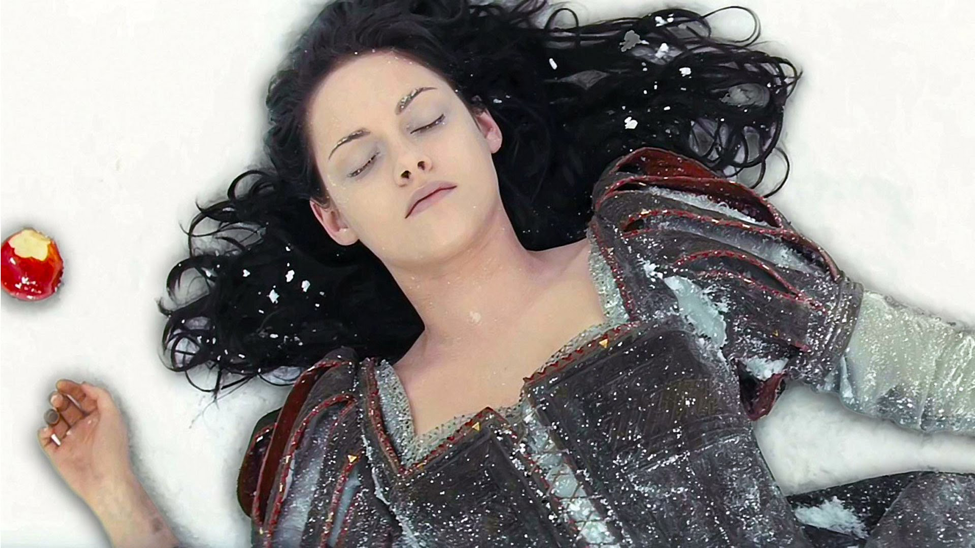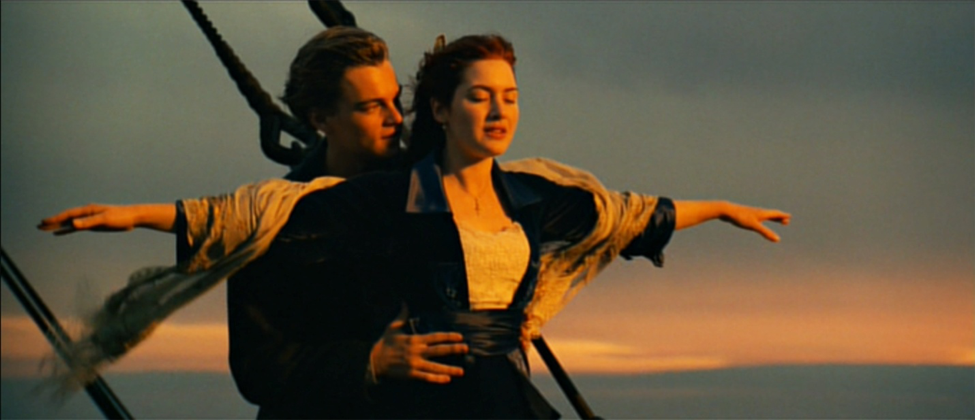3 Ways To Make Adaptations and Remakes Sizzle
If there’s one thing everybody likes to do in Hollywood, it’s complain about remakes, reboots, and adaptations. Critics offer them up as absolute proof that Tinseltown has lost its imagination. But the truth is that remakes and adaptations aren’t really a new phenomenon. In fact, one of the greatest writers of Western literature did it: Shakespeare.
We usually think of Shakespeare as one of the most uniquely gifted writers of all time. But the truth is that very few of his stories are “original” in our sense of the word. In fact, only two of Shakespeare’s thirty-eight plays have no known source. The rest were stolen — that’s right, stolen — from specific, identifiable sources.
And yet his work far outshone the source material. What made his remakes and adaptations sizzle? The Bard’s game was pretty tight, so let’s see if we can’t learn a thing or two from him.

Snow White And The Huntsman (2012) Photo courtesy: Universal
No 1 – Give The Main Character A Make-Over
“Hamlet” is based on the Norse legend of Amleth. In the old legend, the characters are plastic and one-dimensional. But in Shakespeare’s play, Hamlet is smart, introspective, angry, despondent, euphoric, nostalgic, witty, and possibly mad. Shakespeare radically revises the source material by giving us a character capable of pulling off those famous lines: “To be, or not to be?”
Giving main characters a make-over is one of the best ways to make your adaptation sizzle. Take Snow White and The Huntsman (2012), for instance. The movie provides an intriguing re-imagining of Snow White as a dirty, fearless leader dressed in chain mail. It is remarkable vision of princess femininity, and one that resonated with audiences. The movie represents exactly what Shakespeare would do if he were alive today: take an original property and give it a twist that challenges the audience in all the right ways.

The Wolf Of Wall Street (2013) Photo courtesy: Paramount
No 2 – Tell Us Secrets
One of Shakespeare’s favorite things to do was raid the annals of history. His history plays aren’t particularly creative in the traditional sense. He basically rips off a known historical event and puts it on the stage. Yet, those plays are some of Shakespeare’s most enduringly popular texts. Why?
Historical figures are celebrities from the long past. Just as audiences want to know the secrets and private lives of modern celebrities, they want to know the secrets and private lives of historical figures. That’s exactly what they get in “Julius Caesar.” The play reveals salacious details of how and why the conspirators plotted the murder and it offers a recreation of the bloody death scene. It’s the story behind the story that audiences are looking for — and this play gives it to them.
The Wolf Of Wall Street (2013) tells the story of a real-life Wall Street trader. The film features a horrifying — and totally fascinating — view of over-the-top excess. It gives the audience as thrilling look at the private lives of everyone involved in the business. The audience loved the film not for what they already knew, but rather for what they didn’t: the dirty, sexy, secret, scandalous details.

Titanic (1997) Photo courtesy: Paramount Pictures
No 3 – Take It Down A Notch
This seems like counterintuitive advice, but hear me out: Shakespeare’s play “Othello” is based on Cinthio’s “Gli Hecatommithi,” published in 1565. The source material is full of pompous bluster and wordy diatribes.
Shakespeare’s “Othello” does not involve the rise or fall of kingdoms or realms, nor is it set during a time of political turmoil. Shakespeare strips away everything to reveal the true heart of the play: the account of how one man ends up killing his beloved wife. Shakespeare makes this tragedy deep, intense, and intimate — and that’s exactly what resonates with audiences.
One of the highest grossing films of all time, Titanic (1997), transforms a known historical event into a spellbinding story of Rose and Jack. It’s not the story of how everyone on the ship was affected; it’s an intensely personal and emotional tale — which is exactly what generates the magic in this story.
What are your favorite remakes, adaptations, and reboots?
Why do they work for you? We’d love to know.




8 Replies to "What Shakespeare Tells Us About Remakes, Adaptations and Reboots"
Ron November 1, 2016 (11:53 am)
I’m curious what public domain works you feel could be adapted into modern day box office successes.
Patricia Poulos November 1, 2016 (12:07 pm)
Dear Jennie,
Thank you for taking the time to give us a most informative analysis.
Kindest regards,
Patricia
William Sommerwerck November 1, 2016 (1:13 pm)
An obvious example of an adaptation far superior to the original is “The Fly”. The original (taken almost exactly from the short story) is nothing if not over-the-top silly. Cronenberg’s 1986 re-imagining not only makes the science (sort-of) plausible, but creates an intense dramatic relationship, and introduces various sub-texts, most notably drawing a parallel with AIDS.
Jeff McMahon November 1, 2016 (2:58 pm)
A great example from Australian cinema of the other side of historical events is ‘Breaker Morant’. Harry Mordant Morant was a horse breaker from South Australia who fought in the Boer War against the Afrikaans. The film tells us what the (British) history books don’t. Lord Kitchener need a scapegoat for the atrocities perpetrated by the British against the Dutch settlers and Morant and two of his compatriots were in the wrong place at the wrong time. The film’s based on a play by Kit Denton, was directed by Bruce Beresford (‘Driving Miss Daisy’) and starred (the late )Edward Woodward and Bryan Brown. Every memorable film has a memorable line; in ‘Breaker’ it comes when the British prosecutor demands to know under which rule of conduct in war the three Australian soldiers murdered Dutch settlers – and Morant replies, “We killed them under Rule Three – O- Three” (referring to the Lee Enfield 303 rifles used).
Jeff McMahon November 1, 2016 (3:01 pm)
Sorry, writer wasn’t Kit Denton but rather Ken Ross. Apologies.
Paul Hunting November 1, 2016 (4:35 pm)
The deeper truth is, Shakespeare has adapted one, and only one, story from which he created three archetypes. these archetypes are dressed up as different characterisations 37 times! The story he used is what we call ‘The Bible’. All his plays are allegories of what could be called simplistically, ‘The loss and restoration of the Holy Grail’. I have researched this ruthlessly and have incontrovertible evidence to validate this thesis. I am totally open to sharing more and discussing this in detail. In fact, I’d love to.
marilyn flower November 1, 2016 (5:54 pm)
I adore Charlie Kaufman’s film Adaptation, speaking of which! for it’s being the story of how the story came to be as well as the story itself. It’s an adaptation very loose of The Orchid Thief and at the same time, the story of adapting The Orchid Thief for film. in it Nicholas Cage even goes to a Robert Mckee STORY seminar and there is a very ironic twist based on what he learns there. Of course Nick Cage, Meryl Streep and Chris Cooper bring it expertly to life!
Nina November 1, 2016 (8:20 pm)
Frankly, I think Shakespeare made his characters relatable by strippingt them down to their basest desires and fears- so their kingdoms didn’t really distance them from the public.